Centre and MCI go-ahead for 2-year PG courses post MBBS
Fri 21 Aug 2020, 19:56:32
.jpg)
The Covid-19 pandemic has brought to the fore the acute shortage of specialists in rural healthcare centres across the country. In a move that is being hailed by medical experts as a “radical reform” in the field of higher medical education, the central government and the Medical Council of India (MCI) have given the go-ahead for launching post-graduate diploma courses that can be undertaken after completing MBBS.
A gazette notification was issued by the Ministry of Health and Family Welfare, introducing post-graduate diploma courses in eight medical specialties under the National Board of Examinations on August 6. On Thursday, medical experts from across the country participated in a webinar and welcomed the move, with noted cardiac surgeon Dr Devi Shetty terming it a “radical reform”.
According to the regulations, these structured training programmes can be run by any well-equipped public or private hospital, which has over 100 beds and senior medical specialists among its staff. The diploma two-year courses are in Obstetrics and Gynaecology, Paediatrics, Anaesthesiology, Tuberculosis and Chest Disease, Radio Diagnosis, Family Medicine, Ophthalmology and ENT.
“Launching of diploma courses in eight broad specialties is the most radical reform and now the ball is in the court of state governments to apply for PG seats,” said Dr Shetty. He pointed out that the need for more post-graduate seats has been felt as every year, approximately 1,70,000 doctors write the NEET post-graduate exam to apply for about 50,000 post-graduate seats under the Medical Council of India and the National Board of Examinations (this includes 15,000 non-clinical seats).
This means annually, the remaining 1,20,000 doctors who do not get one of these seats will not return to clinical work. They may waste two to five years attending coaching classes and in the end, some may even give up on becoming doctors. Adding a few thousand seats in post-graduate
diploma courses will immediately bring these doctors back to patient care in accredited government or private hospitals.
diploma courses will immediately bring these doctors back to patient care in accredited government or private hospitals.
In a country with 1.3 billion people, there are only 40,000 anaesthesiologists, 10,500 radiologists and less than 40,000 paediatricians. “Introduction of diploma two-year PG courses makes me optimistic that we can pull back at least 30,000 to 40,000 doctors in the mainstream to treat patients,” said Dr Shetty.
These diplomas will make an impactful difference to tackle the shortage of doctors in these specialities, especially in rural India, said Dr Alexander Thomas, president of the Association of National Board of Accredited Institutions.
Dr Giridhar Gyani, director general of the Association of Health Care Providers of India, which has over 10,000 hospitals as its members, said most public hospitals, especially in tier 2 and tier 3 towns, suffer an 80 per cent shortage in the availability of medical specialists. If those hospitals introduce diploma training courses in all these specialities, the shortage of medical specialists can be completely compensated in two to four years, he pointed out.
Dr Pawananindra Lal, executive director of the National Board of Examinations, said they discovered a space to introduce these diploma courses. It is an attractive alternative for bright young doctors from poor families, because the diploma course is available at a nominal cost, and they earn a stipend during the programme which can be used to support their families, said experts.
No large and busy hospital today can function efficiently without post-graduate students managing patient care. These youngsters are on the frontline, taking care of sick patients with guidance from their seniors. When taluka and district hospitals become vibrant post-graduate training institutions attracting passionate young doctors, the quality of healthcare in small towns will undergo a dramatic transformation, said experts.
No Comments For This Post, Be first to write a Comment.
Most viewed from Edu and Jobs
AIMIM News
Latest Urdu News
Most Viewed
May 26, 2020
Is it right to exclude Bangladesh from the T20 World Cup?
Latest Videos View All
Like Us
Home
About Us
Advertise With Us
All Polls
Epaper Archives
Privacy Policy
Contact Us
Download Etemaad App
© 2026 Etemaad Daily News, All Rights Reserved.

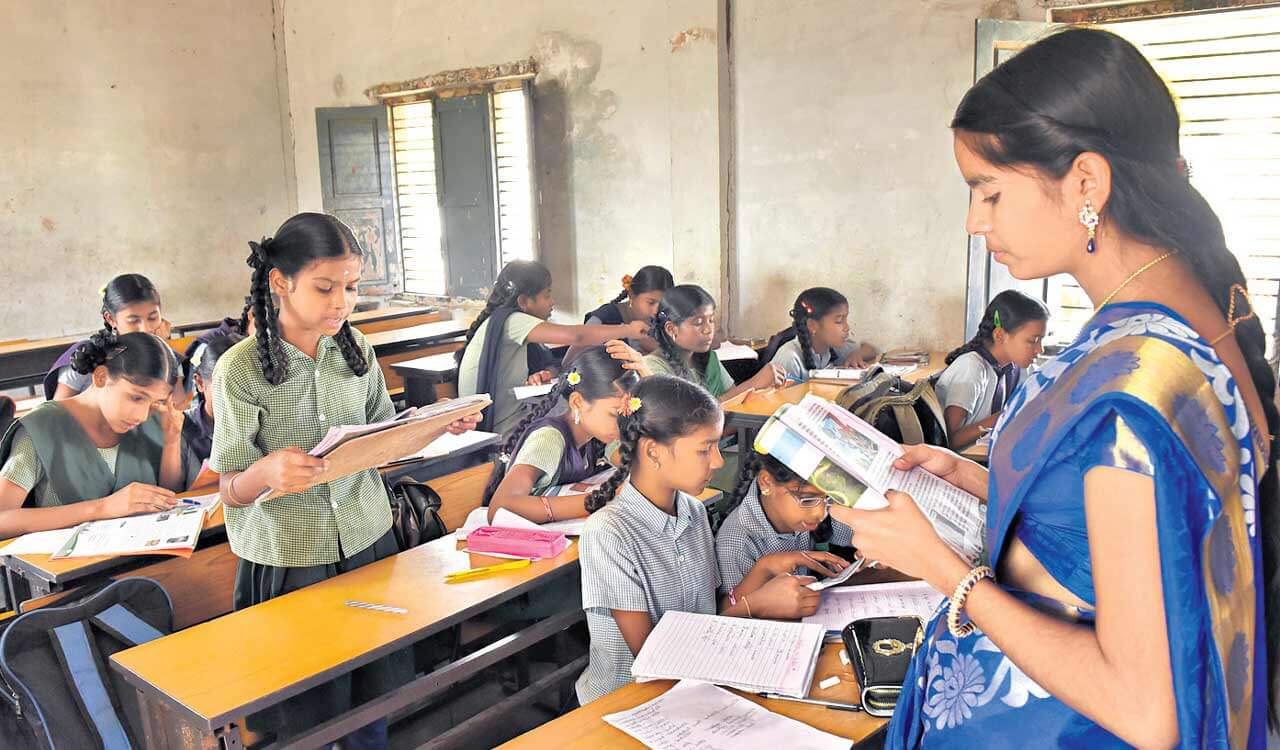

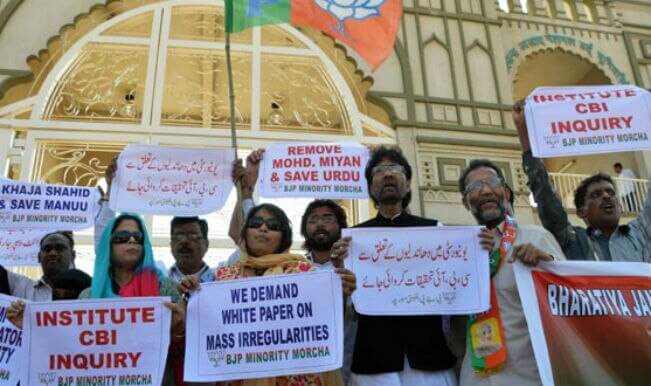




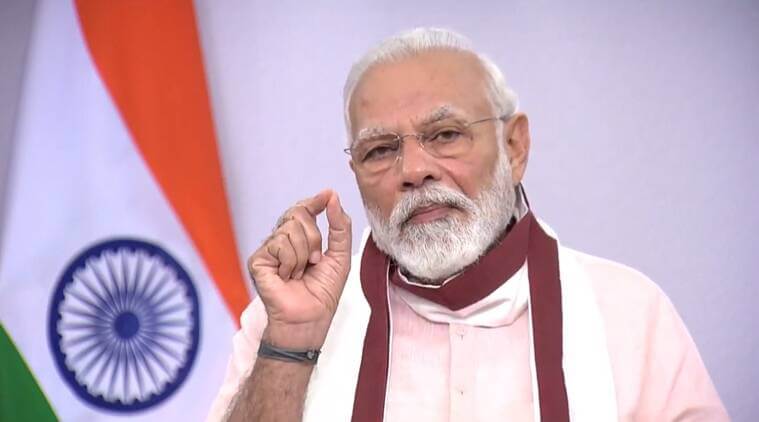
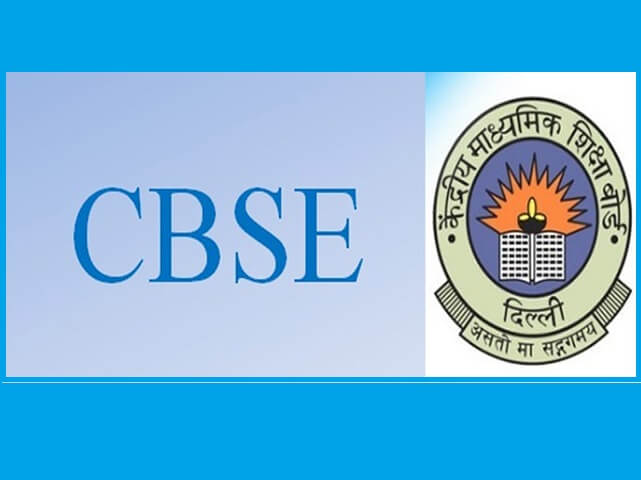
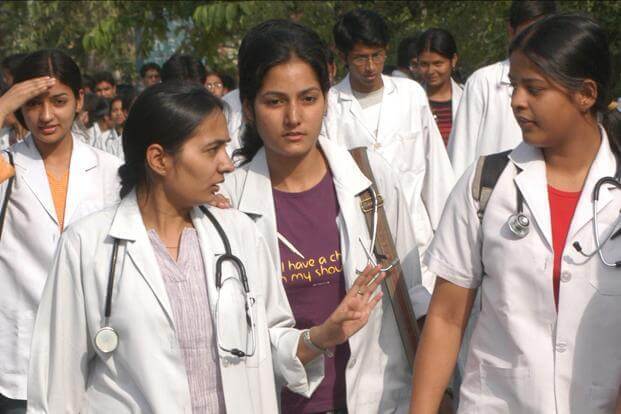
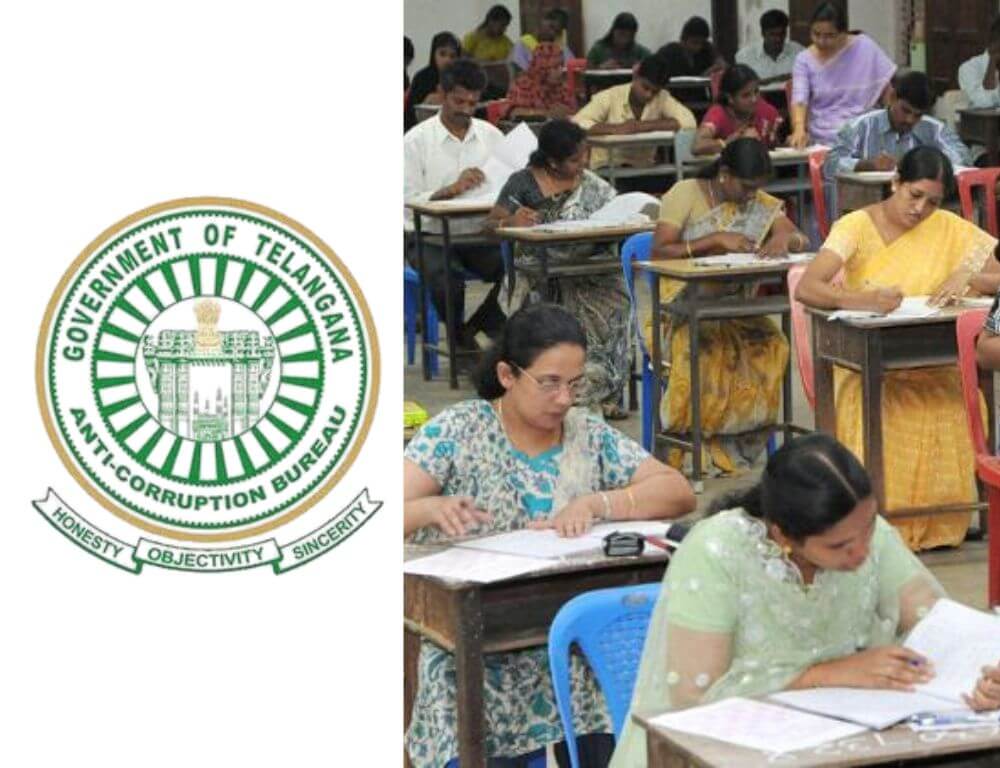
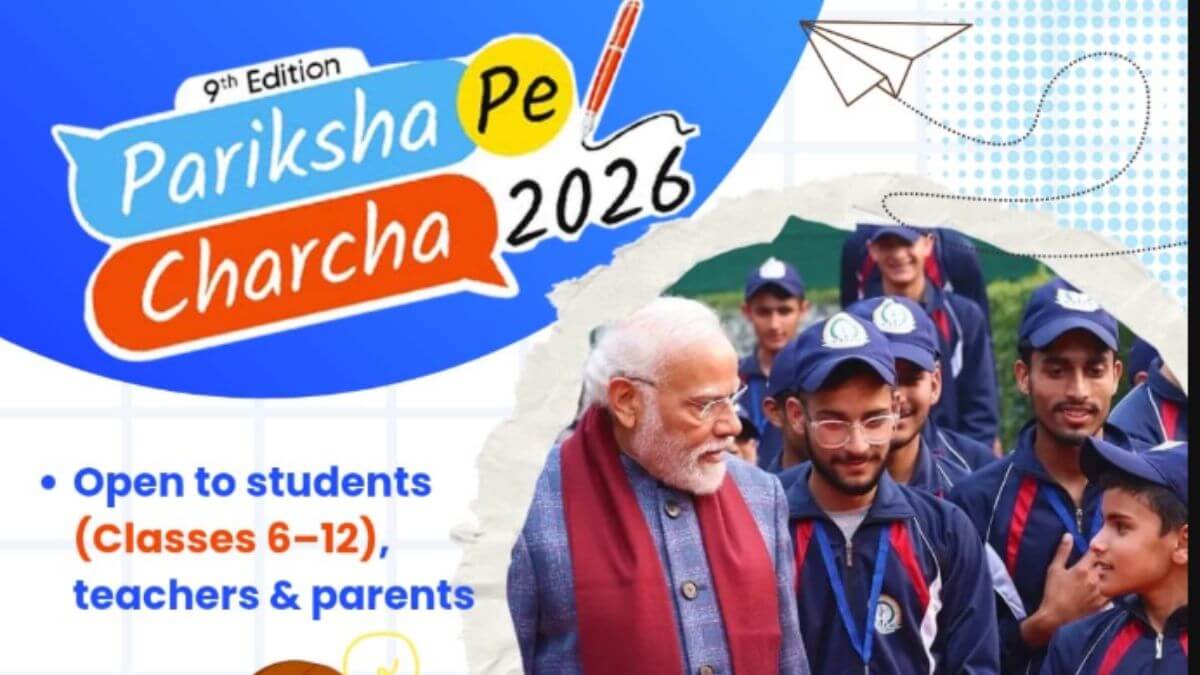

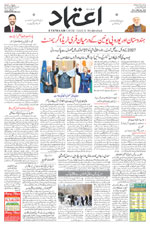










.jpg)
.jpg)
.jpg)


